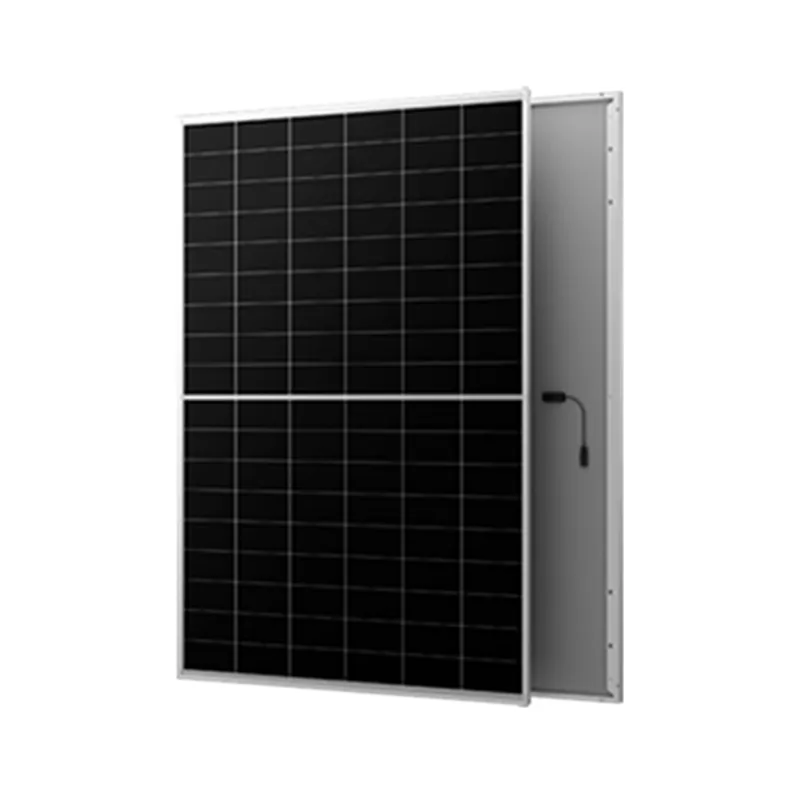electrical inverter
Understanding Electrical Inverters A Comprehensive Guide
In the realm of modern electronics, electrical inverters play a pivotal role, especially in the conversion and management of electrical energy. Whether you are powering your home, utilizing solar energy, or even driving electric vehicles, inverters are indispensable components that enable the effective functioning of these systems. This article will delve into the fundamentals of electrical inverters, their types, applications, and their significance in today's world.
What is an Electrical Inverter?
An electrical inverter is a device that converts direct current (DC) into alternating current (AC). The main function of an inverter is to facilitate the use of energy stored in batteries, solar panels, or other DC sources by transforming it into usable AC electricity, which is the standard for most household appliances. Inverters are designed to handle various voltage levels and can differ in complexity depending on their intended application.
Types of Electrical Inverters
1. Pure Sine Wave Inverters These inverters produce a smooth, sinusoidal output waveform. They are ideal for sensitive electronics, medical devices, and appliances that require a stable and clean power supply. Pure sine wave inverters accurately mimic the power produced by utility companies, ensuring that your devices operate efficiently and without damage.
2. Modified Sine Wave Inverters These offer a more affordable option and produce a stepped approximation of a sine wave. While they are sufficient for many devices, some may experience reduced efficiency or potential overheating when run on modified sine wave inverters. They are commonly used for basic applications such as powering lights or simple electronics.
3. Grid-Tie Inverters These inverters are specifically designed for systems that connect to the electrical grid, such as solar panel installations. They can synchronize with the grid’s voltage and frequency, allowing excess power generated from renewable sources to be sent back to the grid. This not only provides monetary benefits through energy credits but also contributes to a more sustainable energy system.
4. Off-Grid Inverters Used in standalone systems that do not connect to the mains supply, off-grid inverters are essential for remote applications, such as cabins or rural homes. They typically integrate multiple functionalities including battery charging, DC to AC conversion, and system monitoring.
electrical inverter

5. Hybrid Inverters These devices combine features of both grid-tie and off-grid inverters. Hybrid inverters can manage the energy coming from both batteries and solar panels, ensuring efficient energy use regardless of whether the system is grid-connected or standalone.
Applications of Electrical Inverters
Electrical inverters find applications across a broad spectrum, reflecting their versatility and importance. In residential settings, they enable homeowners to harness solar energy, significantly reducing electricity bills and reliance on fossil fuels. In industry, inverters control the speed and torque of electric motors, enhancing process efficiency and reducing energy consumption.
Moreover, inverters are crucial in electric vehicles, where they facilitate the transition of power from the battery to the electric motor. In the telecommunications sector, inverters ensure uninterrupted power supply for communication networks, maintaining connectivity even during power outages.
The Importance of Electrical Inverters
The significance of electrical inverters cannot be overstated. In a world increasingly shifting towards renewable energy sources, inverters provide the crucial link between energy generation and consumption. They allow for the efficient use of solar energy, promoting sustainability and environmental responsibility.
Furthermore, advancements in inverter technology continue to enhance their efficiency and functionality, driving innovation in the energy sector. With the rise of smart grids and battery storage solutions, the role of inverters is poised to expand, enabling a more resilient and adaptable energy infrastructure.
Conclusion
In conclusion, electrical inverters serve as fundamental building blocks for modern energy systems. Whether used in residential, commercial, or industrial applications, their ability to convert and manage electrical energy efficiently is critical for the integration of renewable sources into our daily lives. As technology evolves, the role of inverters will only become more significant, helping navigate the transition towards a more sustainable and energy-efficient future. Understanding their workings, types, and applications will empower consumers and industries alike to make informed choices in their energy management strategies.
-
String Solar Inverter: The High-Efficiency Solution for Smart Solar EnergyNewsJul.14,2025
-
Revolutionizing Rooftop Energy with the Power of the Micro Solar InverterNewsJul.14,2025
-
Power Independence with Smart Off Grid Solar Inverter SolutionsNewsJul.14,2025
-
On Grid Solar Inverter: Powering the Future with Smart Grid IntegrationNewsJul.14,2025
-
Monocrystalline Solar Panels: High-Efficiency Power for the Future of Clean EnergyNewsJul.14,2025
-
Bifacial Solar Panel: A Smarter Investment for Next-Generation Energy SystemsNewsJul.14,2025







